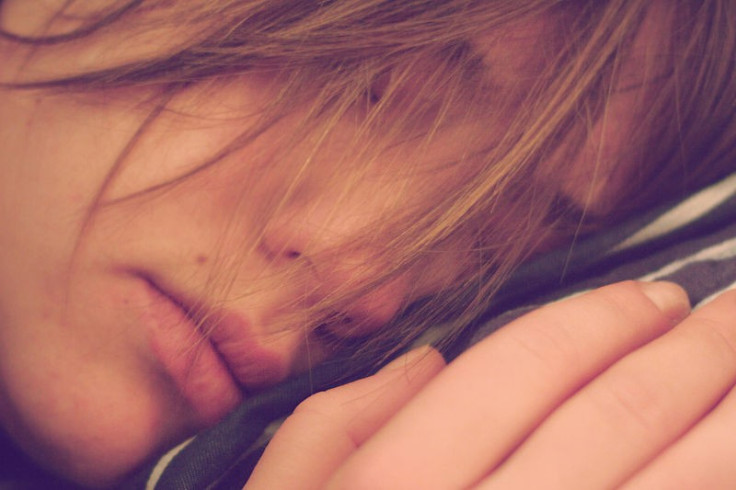Why Do Some People Remember Their Dreams While Others Forget?

Researchers have examined the brain activity of people experiencing dreams in order to work out why some individuals remember their dreams, while others forget.
The researchers, from the Lyon Neuroscience Research Centre, studied the brain activity of two different types of dreamers to look for any key differences between them.
Why people dream is still mystery among scientists. Some believe it is a result of the brain processing information to get rid of unimportant information, while others say it is neurons firing randomly.
Why some people are remember and others forgotten has also remained unclear.
Published in the journal Neuropsychopharmacology, the team, led by Perrine Ruby, showed that one area of the brain involved in information processing is far more active in people who regularly remember their dreams.
"High dream recallers" have more activity in the temporo-parietal junction, which the researchers believe may allow the dreamer to focus more attention on external stimuli, promoting intrasleep wakefulness, which means dreams are better embedded into the sleeper's memory.
Previously, the researchers found high dream recallers have twice as much time of wakefulness during sleep as their low recalling counterparts. Low dream recallers are also far less reactive to auditory stimuli during sleep and wakefulness, suggesting time awake may facilitate the ability to remember dreams.
Now, the team has identified the exact area of brain involved in the process after examining 41 volunteers – 21 high dream recallers and 20 low dream recallers.
High dreamers recalled their dreams 5.2 mornings per week on average, while low recallers reported two dreams per month.
Commenting on their latest finding, Ruby said: "This may explain why high dream recallers are more reactive to environmental stimuli, awaken more during sleep, and thus better encode dreams in memory than low dream recallers. Indeed the sleeping brain is not capable of memorising new information; it needs to awaken to be able to do that."
"Our results suggest that high and low dream recallers differ in dream memorization, but do not exclude that they also differ in dream production. Indeed, it is possible that high dream recallers produce a larger amount of dreaming than low dream recallers," concludes the research team.
© Copyright IBTimes 2024. All rights reserved.






